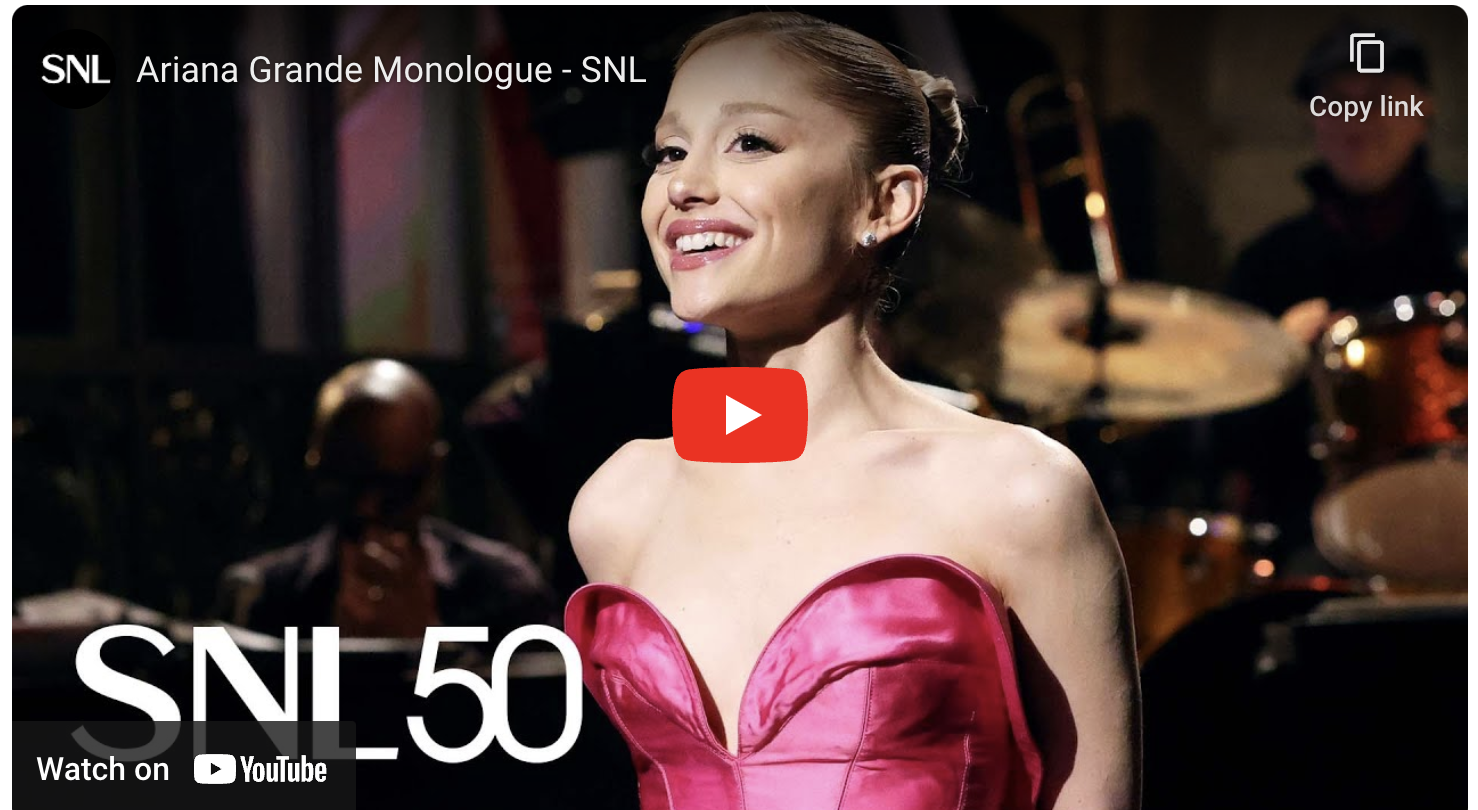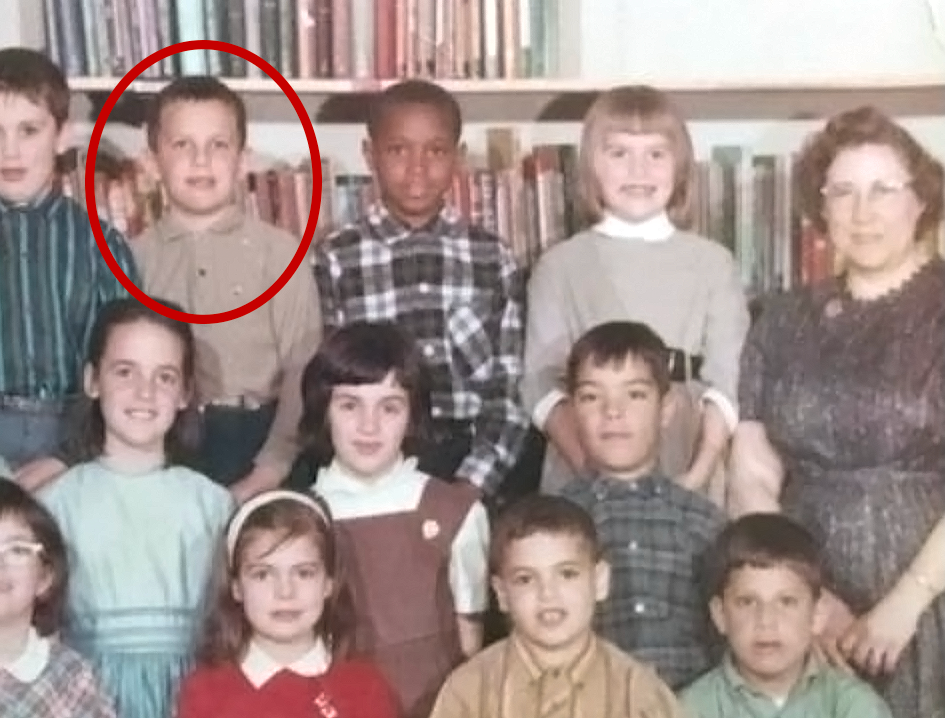The Perfect Pathetic Essay
/This is the second in a series on writing a persuasive essay, excerpted from the third edition of Thank You for Arguing. READ THE FIRST POST: "WRITING A PERSUASIVE ESSAY IS LIKE DISSECTING A FROG."
Pathos and ethos can be hard to distinguish in an essay. Both of them try to give you feelings about a character. And both of them make you sympathetic and empathetic about various elements of humanity, especially the more underappreciated members of our species. This is one reason I suspect that Aristotle described ethos as being a kind of pathos. Character has to do with how your audience feels about you.
Here’s a persuasive essay I wrote in the past few months, for the same magazine. The underappreciated group I was ginning up sympathy for was men—heterosexual professional white men, to be precise. You might not think this branch of humanity needs affirmative action. But one of the purposes of my essays is to make people feel better about humanity in general. I was responding to the bad behavior of some white men during the 2016 election campaign, which made all of us white men look like jerks. So I wrote a pathetic true story to put people in the place of a white man under pressure.
Plus, Dorothy’s and my thirty-fifth anniversary was coming up, and I was feeling that pressure all over again.
Thirty-five years ago a single word changed my life forever.I didn’t deserve it. In fact the whole day had been a mess. It was just before Christmas when I took a woman downhill skiing for her first time. Once the chairlift got going she began to cry, and that’s when I noticed her terror of heights. Still, she bravely rode the lift and suffered a day of inching down the slopes.Back in my apartment that evening, I opened a bottle of rare Chilean wine, given several years earlier by my best friend. He had told me when to open it, and this was the night.We toasted, sipped the wine, and almost spat it out. Pure vinegar. Over the years of careless storage in a bachelor’s efficiency apartment, it had spoiled. Still I drank all of it, because it was special. Then I opened a bottle of Champagne.
She unwrapped her present. Inside a small box was an enormous ring. A man’s ring, gold with a modest diamond set in the middle.
At this point I was so far gone from the wine that I had to get up on one knee. Wishing I was sober and had rehearsed, I told her as articulately as possible that I had found the ring in a family safe deposit box and had planned to have it turned into an engagement ring but had waited too long and the goldsmith was too busy for the holidays and in any case it was a ring, which sort of counted, didn’t it, and would she marry me?
“Yes,” she said.
This essay uses a narrative arc to tell a story. (Obama used the arc in my book.) The narrative arc starts with a hero getting forced out of his comfort zone by a misfortune or a challenge. But, this being a short essay, I decided to create a bit of suspense by making a single word sound like some sort of magic spell. Which, in a way, it was.
In the hero’s arc, the character meets a series of obstacles, commits to his goal, and in the climax wins the day. Given only three hundred words to tell the tale, I buzz through the arc quickly, with the climax being that single “yes” at the end. Still, the climax builds with a run-on sentence just before that “Yes.” Most teachers rightly tell students that run-on sentences usually are a bad idea. But in this case I wanted to convey a not-so-sober desperation to explain quickly why I had given my beloved a man’s ring. The awkward tone reflects the awkwardness of the occasion, all resolved by Dorothy’s “yes.”
Um, what was I supposed to be persuading the reader into again? That men can be joyfully powerless, and that even when they act like idiots it may be with the best of intentions. In other words, we’re human.




